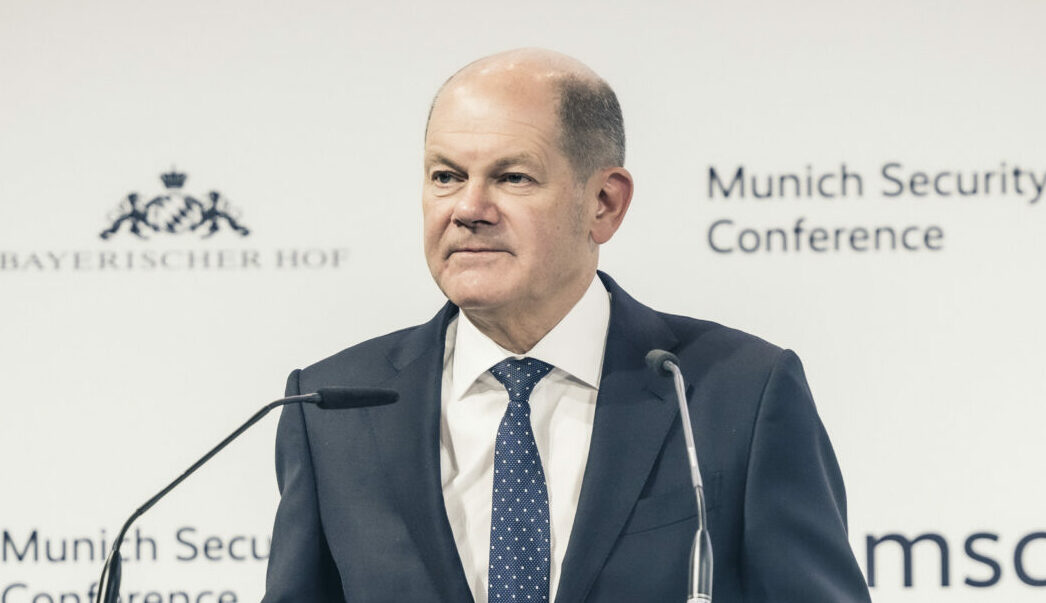All the dangerous clouds over the German economy

Germany is afraid of once again being the sick man of Europe and the IMF forecasts on the economy do not bode well. Data and declarations in the article by Pierluigi Mennitti from Berlin
The nightmare of the early 2000s is back, the fear of once again becoming the sick man of Europe, a definition that in the last two decades the Germans have from time to time given to their neighbors, be it Spain, Italy or the friend-rival France. Against the backdrop of the risk of deindustrialisation , which has become palpable after counting the negative balance of 125 billion euros between the investments of German companies abroad and those of foreign companies in Germany, two other data are now arriving, which are by no means unexpected.
ECONOMY IN RECESSION AND MISFIED OF BUSINESS
The first: the confirmation of the German recession by the International Monetary Fund, which yesterday released its global summer estimates, slightly raising global GDP growth from 2.8% in April to 3% and at the same time deepening the German contraction which will be 0.3% versus -0.1% estimated three months ago. For the rebound, of 1.3%, we will have to wait for 2024.
The second: the decline for the third consecutive time in the Ifo business confidence index, which fell to 87.3 points in July against 88.6 in the previous month and the 88.0 which constituted the already not very optimistic expectations of the analysts.
THE HANDELSBLATT ANALYSIS
Two strokes in one day ushering in the summer recession. For the Handelsblatt, the IMF data are a setback: "Germany's economic prospects continue to fade", notes the Düsseldorf newspaper, "in the International Monetary Fund's new growth prospects, the German economy is the only the 22 countries and regions surveyed, in which gross domestic product is expected to decline in 2023”.
The experts consulted by the Handelsblatt see black. "Germany's growth is slowing significantly and is even in negative growth territory," said Pierre-Olivier Gourinchas, a French economist and professor of management at the University of California, Berkeley. Much of the economic slowdown in Germany is due to inflation, which puts pressure on purchasing power, added IMF research director Petya Koeva Brooks, "so real incomes are lower and to this is added worsening of financing conditions due to restrictive interest rate policies”. Which is a policy which, however, the German representatives at the ECB are pushing to continue, even strengthen, precisely with the aim of cooling down inflation.
“Industry in particular has so far been underwhelmed, because despite supply chain problems, production continues to struggle,” said Fritzi Köhler-Geib, chief economist at state-owned KfW bank, the equivalent of Italy's Cassa depositi e prestiti. , commenting on the developments of recent months.
THE WEAKNESS OF THE INDUSTRIAL SECTOR
And the second negative data of the day came from companies, that of the Ifo index. Klaus Wohlrabe, head of the index, confirms: "One of the reasons for the suffering is the continuing weakness of the industrial sector". On the one hand, companies "are better able to fulfill existing orders because supply bottlenecks are constantly decreasing", on the other, however, "there are fewer new orders". There is hardly any strength in German industry at the moment. "Meanwhile, the mechanical engineering and electrical engineering sectors are also weakening and the chemical industry has been in crisis for some time", continued Wohlrabe in his pessimistic analysis, "foreign demand is also rather tepid and there is no can expect some momentum on the export side as well”.
Particular suffering in the construction sector, long a leading branch of the German economy, which suffers from the increase in interest and material costs. “The business climate is the worst since 2010,” concluded the Ifo economist. Sole lights: the more mixed picture among service providers, where the IT sector continues to perform well, as does tourism. Conversely, the transport and logistics sector, which is heavily dependent on the performance of industry, is not doing well.
For economists, the data from the Munich institute did not come unexpectedly, but the reactions are equally worrying. Jens-Oliver Niklasch, economist at Landesbank Baden-Württemberg, told the Frankfurter Allgemeine Zeitung : "It's actually no longer a big surprise, most leading indicators continue to decline and the economic climate is no exception. in short, we are in a recession and we won't be out of it any time soon”.
This is a machine translation from Italian language of a post published on Start Magazine at the URL https://www.startmag.it/primo-piano/economia-germania-recessione/ on Wed, 26 Jul 2023 05:33:43 +0000.
